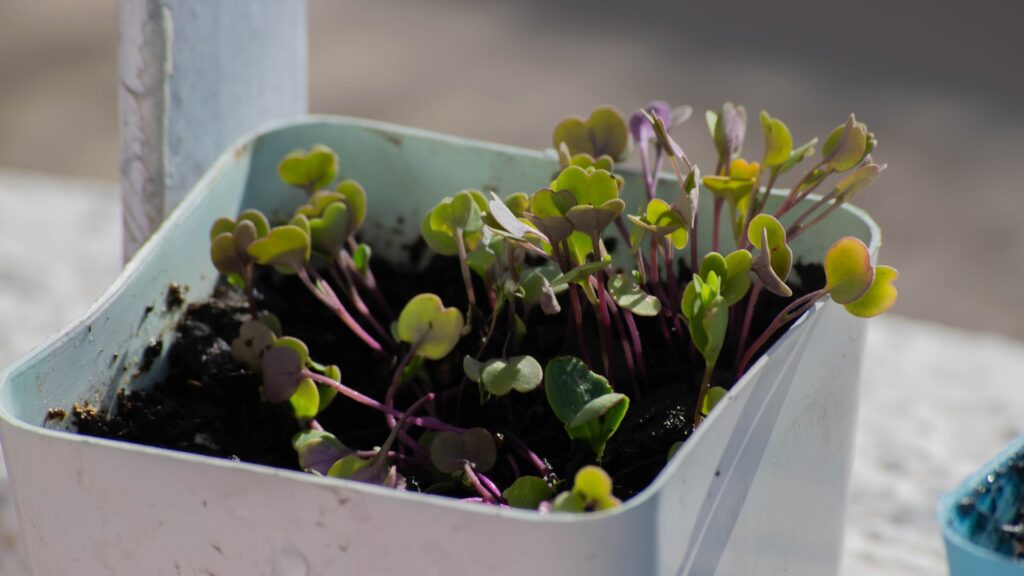Introduction:
Are you passionate about sustainable living and interested in growing your own food? If so, starting an organic vegetable garden in your home is the perfect idea. Not only does it provide you with fresh and healthy produce, but it also promotes a greener lifestyle and eliminates the need for harmful chemicals. In this blog post, we will provide you with six essential tips to help you grow organic vegetables in your home garden successfully.
1. Choose the Right Location:
The first step in setting up your organic vegetable garden is selecting the right location. Look for an area with plenty of sunlight, as most vegetables require at least 6-8 hours of direct sunlight per day. Ensure that the location has good drainage to prevent waterlogging, as excessive water can lead to root rot and other plant diseases.
2. Prepare the Soil:
Creating healthy and nutrient-rich soil is crucial for the success of your organic garden. Start by removing any weeds or grass from the chosen area. Then, amend the soil with organic matter like compost or well-rotted manure. This will improve soil structure, drainage, and fertility, providing the perfect environment for your vegetables to thrive.
3. Select the Right Vegetables:
Choose vegetables that are suitable for your climate and growing season. Research the best varieties that are disease-resistant and capable of thriving in your specific region. Consider factors like temperature requirements, frost tolerance, and days to maturity. This ensures that your vegetables will grow optimally, resulting in a bountiful harvest.
4. Practice Crop Rotation:
Crop rotation is a vital technique in organic gardening that helps prevent the build-up of pests and diseases. By rotating your vegetable crops annually, you disrupt the life cycles of pests and reduce the risk of soil-borne diseases. This practice also helps maintain soil fertility and balance nutrient depletion effectively.
5. Implement Natural Pest Control:
Organic gardening relies on natural methods of pest control, minimizing the use of harmful chemicals. Encourage beneficial insects such as ladybugs and lacewings to your garden, as they prey on pests like aphids and caterpillars. You can also utilize companion planting techniques, where specific plants repel or deter pests when planted together.
6. Practice Proper Watering and Mulching:
Water your vegetable garden consistently, keeping the soil moist but not waterlogged. Avoid overhead watering, as it can increase the risk of foliage diseases. Applying mulch around your plants helps retain soil moisture, suppress weeds, and regulate soil temperature. Organic mulches like straw or shredded leaves also break down over time, improving the soil structure and fertility.
Conclusion:
Starting an organic vegetable garden in your home is a rewarding and fulfilling experience. By following these six essential tips, you can ensure the success of your organic garden and enjoy the benefits of homegrown, pesticide-free vegetables. Embrace sustainable living, reduce your carbon footprint, and savor the joy of growing your own food. Happy gardening!
Tags: organic gardening, home garden, growing vegetables, sustainable living, organic vegetables, home gardening tips, sustainable living, growing your own food, organic gardening techniques.
Category: Gardening.

